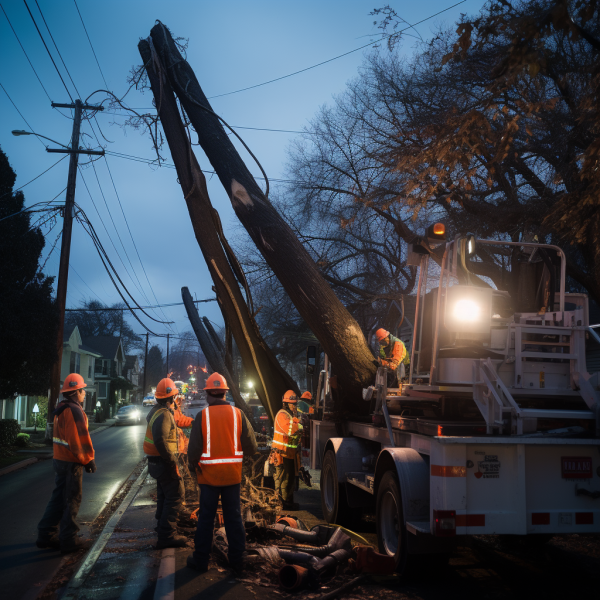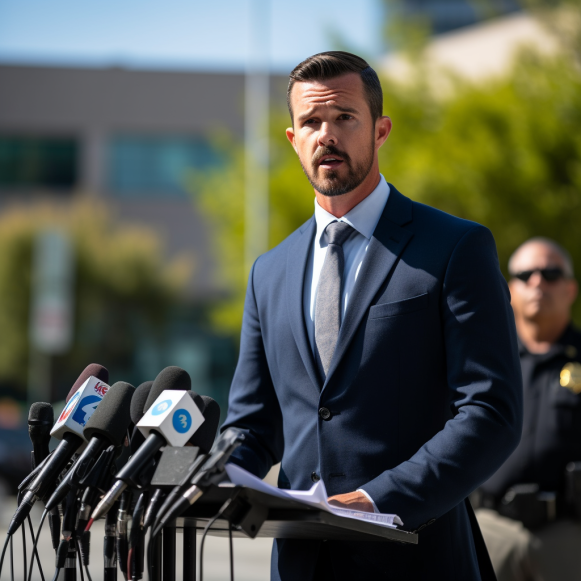Guns, water, bathrooms, schoolbooks, weed cafes, magic mushroom bills head to Gov. Newsom’s desk

Legislature wraps up Thursday; governor has until Oct. 14 to sign bills
Legislators are wrapping up the legislative session this week, sending dozens of bills to Gov. Gavin Newsom’s desk for his signature, covering serious issues like guns, drugs, education, the environment, discrimination, crime and punishment, and even marijuana cafes and magic mushrooms.
With Newsom’s approval, a number of potential national firsts could emerge from the country’s most populous state. His Democratic Party controls the legislature with a supermajority, and the governor must sign, veto, or allow bills to become law without his signature by October 14.
Some potentially significant issues, such as an effort to keep insurers from bailing on California homeowners by making it easier for them to raise rates, did not materialize or make it to the finish line. Other significant bills, such as a couple of proposed constitutional amendments opposed by taxpayer advocates and a bill to give killers serving life without parole a chance at release, may go down to the wire as the legislature concludes Thursday night.
Some of the recently approved bills that Newsom will consider are as follows:
Guns
- SB 2 — This week, lawmakers passed a new version of rules limiting concealed firearms after the United States Supreme Court overturned New York’s restrictions last year, casting doubt on similar laws in a handful of other states, including California. Last year, state lawmakers attempted to revise requirements but were unable to secure enough votes. They reached an agreement this week on a bill that requires concealed-weapon carriers to be at least 21 years old and adds “sensitive places” where guns cannot be carried.
- SB 368 — Extends firearm ownership prohibitions for repeat offenders, requires gun dealers to store guns for people in crisis, and prohibits dealers from offering firearms or other inventory as game prizes.
- AB 28 imposes an additional 11% tax on the sale of firearms, ammunition, and firearm parts, with the proceeds benefiting gun violence research and education.
Situation
- AB 1572 — Prevents strip malls, office parks, supermarkets, car dealerships, industrial sites, and government properties from watering decorative grass, regardless of whether California is experiencing a drought. Homes, apartments, cemeteries, and recreational “functional turf” such as sports fields, golf courses, playgrounds, and pet exercise areas would be exempt from the rules.
- SB 253 — Requires companies with more than $1 billion in annual revenue in California to publicly disclose their greenhouse gas emissions every year. They would have to account not only for emissions from their facilities, but also from their supply chains, business travel, and employee commuting.
- AB 579 — Requires all new school buses purchased by California school districts to be zero-emission by 2035, with a five-year extension allowed if funding or feasibility issues arise. It follows Newsom’s lead last year, when California air regulators approved landmark rules prohibiting the sale of new gasoline-powered cars, SUVs, minivans, and pickups in the state by 2035.
Education
- AB 5 — Requires middle and high school teachers to complete at least one hour of online LGBTQ+ student support training per year.
- SB 760 — Requires at least one gender-neutral restroom in K-12 schools.
- AB 1078 — Prevents school boards from prohibiting the use of an existing textbook, instructional material, or curriculum that includes inclusive and diverse viewpoints. Newsom has expressed support amid a national debate over “book bans” in schools involving sensitive topics such as sex and race.
- SB 274 — Prevents California’s public TK-12 schools from suspending students for minor infractions known as “willful defiance,” such as wearing a hat backwards, falling asleep in class, or “talking back to a teacher.” Its goal is to keep at-risk students from dropping out of school.
Crime
- SB 14 — Makes minor human trafficking a serious felony, increasing penalties for traffickers. After passing the Senate with bipartisan support, it was stalled in the Assembly by some Democrats concerned that it would penalize victims. The bill’s Republican sponsor stated that this was not the intention and agreed to proposed amendments. Newsom personally intervened to keep the bill moving, signaling his likely support.
- SB 553 — Requires employers to have a plan in place to prevent workplace violence. Written to address worker safety concerns following a mass shooting at a Santa Clara Valley Transportation Authority rail yard, it drew criticism from shopkeepers over language prohibiting employers from requiring employees who are not assigned to security to confront active shooters or suspected shoplifters, which they argued would invite crime. That language has since been obliterated.
Health
- AB 418 — Prohibits the use of four chemical additives in food, including brominated vegetable oil, potassium bromate, propyl paraben, and Red Dye No. 3, because some studies have linked them to an increased risk of cancer and harm to the reproductive and immune systems, and they are prohibited in other countries. The original bill also prohibited titanium dioxide, which is used to brighten the colors in candies, but after critics called it a “Skittles ban,” that provision was removed.
- SB 487 — Protects health care providers from civil or criminal penalties or threats to their professional license if they provide abortion or gender affirming care in a state where such care is prohibited.
Drugs
- AB 374 — Allows marijuana retailers to prepare and serve food and drinks, as well as have live music, on premises where consumption of cannabis and cannabis goods is legal, similar to Amsterdam coffeeshops.
- SB 58 — Allows personal possession of psilocybin “magic” mushrooms and other psychedelic substances such as mescaline and DMT, but prohibits having them in schools or giving them to people under the age of 21.
- SB 234 — In response to the rise in opioid-related deaths, the bill requires stadiums, concert venues, and amusement parks to stock naloxone, also known as Narcan, a medication that reverses and blocks opioid effects. Similar legislation would require schools and other businesses to stock Narcan.
Discrimination
- SB 403 — Under this bill, California would become the first state to protect people from caste-based discrimination or harassment. Caste is an ancient class system determined by birth or ancestry that is primarily practiced in South Asia.
- SB 447 — Repeals California’s ban on state-sponsored travel to other states with anti-LGBTQ laws and replaces it with a program to encourage LGBTQ+ acceptance.
Employment
- AB 1356 — Increases advance notice requirements for layoffs from 60 to 75 days.
- AB 1136 — Establishes a Mixed Martial Arts Retirement Benefit Fund for aging fighters, funded by a $1 ticket surcharge.





